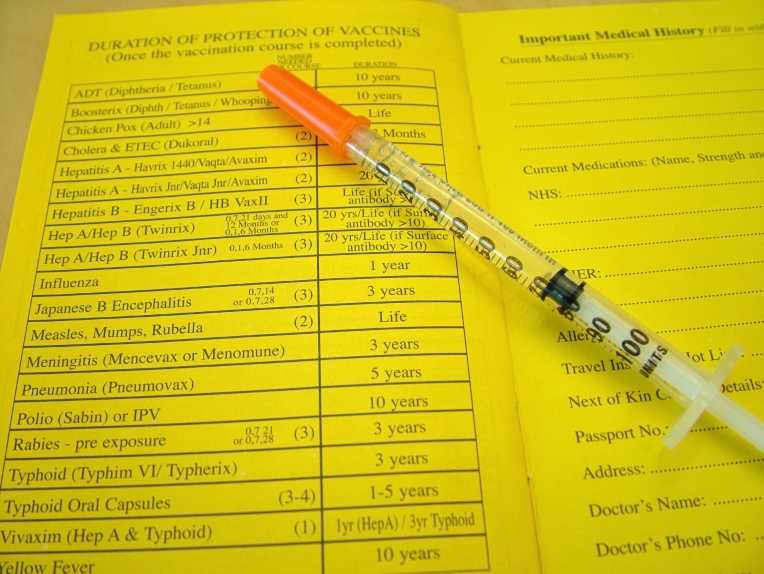Burkina-Faso, Mali and Niger form part of a belt across Africa traditionally associated with high rates of meningitis. However, this year, statistics show the lowest rates of meningitis A ever recorded. It's all due to a new vaccination campaign that is hoped could eventually eliminate the disease from many African countries where meningitis kills hundreds of people each year.
A report in the journal, Health Affairs, suggests that the Meningitis Vaccine Project (MVP) could effectively eradicate the disease in seven African countries with the elimination of over 1,000,000 cases annually and, in the process, save some $300 million in medical costs over a decade.
With the 2010-2011 meningitis season coming to an end, there were no reported cases of meningitis A in Mali, while Burkina-Faso, the first country to introduce the vaccine, reported just one case of indigenous meningitis A in a patient who had not been immunised. Three further cases were identified in people who had crossed over from Togo for treatment. Just four cases of the disease were reported in Niger.
It's all down to a new improved vaccine known as MenAfriVac™ introduced just six months ago. Developed through a partnership with Seattle-based charity, PATH, and the World Health Organisation, the new vaccine can be given to children as young as one and protects for longer, reducing the risk of transmission. Moreover, the vaccine was introduced for less than a tenth of the cost usually required to bring a new vaccine to market. With each vaccination costing just US$0.50, the Meningitis Vaccine Project has already resulted in the vaccination of over 20 million people.
"The huge expectations that we had for this vaccine are now being fulfilled," said Professor Traore, the Minister of Health for Burkina Faso. "Our country has been suffering from repeated meningococcal A epidemics for several decades. Meningitis A cases are close to zero this year, which will enable us to divert resources to help combat other diseases and other types of epidemic."
As a result of the campaign's success to date, it is expected that the project will be expanded into Cameroon, Chad and Nigeria, although this can only happen with the support of the health ministries within those countries.
As is the case with many other medical solutions to human diseases, the biggest barrier to rolling out the programme throughout Africa is funding. $100 million for the campaigns in Cameroon, Chad and Nigeria has come from The GAVI Alliance. However, another $375 million is needed to target other countries that could benefit.
At present, even with antibiotic treatment, more than 10% of all meningitis sufferers die. A further 20% are left with long-term health problems. Meningitis A is thought to be one of the most deadly strains as it results in epidemics that are hard to control. The results of the new vaccine may be promising, but more will need to be done to raise the capital to expand the immunisation programme.
Top Image Credit: Vaccine protection by © Keith Frith










